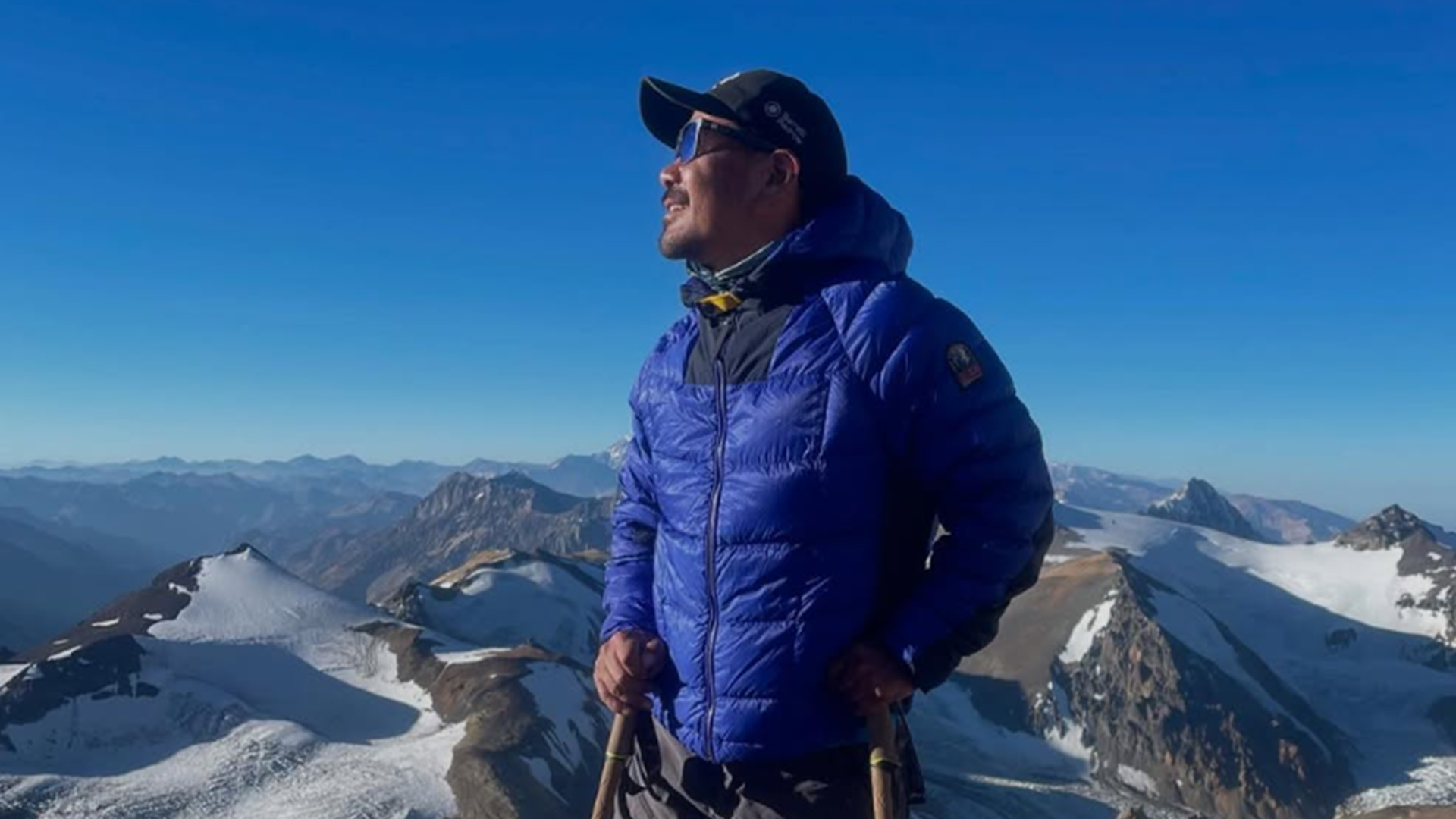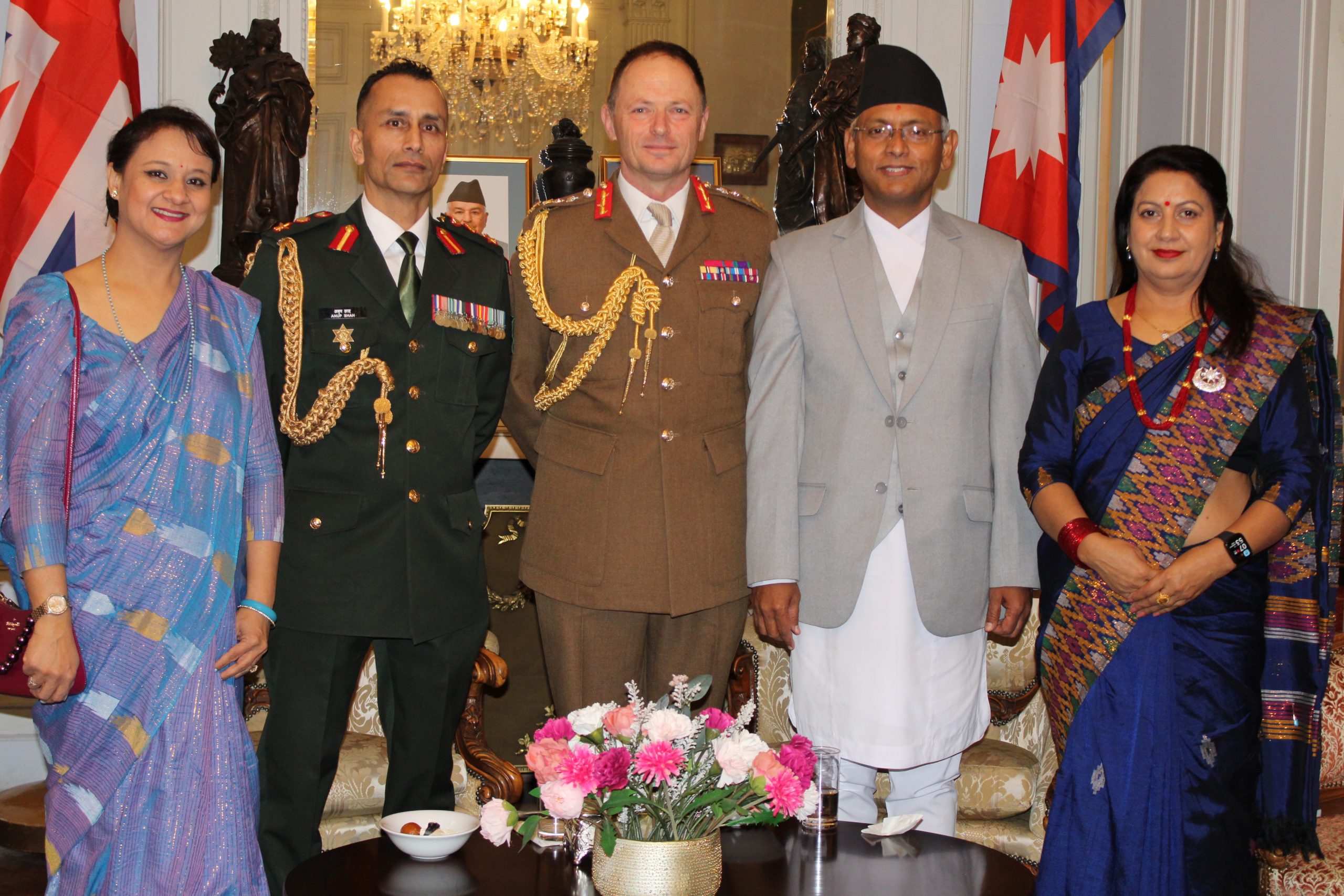Hari Budha Magar : First person without legs above the knee to reach at the Everest base camp
April 23, 2022

Jagan Karki , London — Former Gurkha soldier Mr Hari Budha Magar has successfully reached at the Everest base camp with the help of an artificial leg. Magar who has lost both of his legs during the war in Afghanistan.
Writing in his social media, Magar has stated that he is the first person without legs above the knee to reach at the Everest base camp.

He has completed the trek with an artificial leg called Genium 3.
“Nothing is impossible,” he has mentioned. He is also planning to climb Mt. Everest.
He has thanked all his supporters and helpers during the journey from the Everest base camp.
Mr Budha Magar who was born in Rolpa Mirulma lost his both knees in an ambush while on duty in Helmand, Afghanistan in 2010.
Global Goodwill ambassador of Positive Thought movement Mr Magar has been active in the UK giving inspirational lectures, participating in adventure sports, and social and business activities.
Who is Hari Budha Magar ?


















Facebook Comments